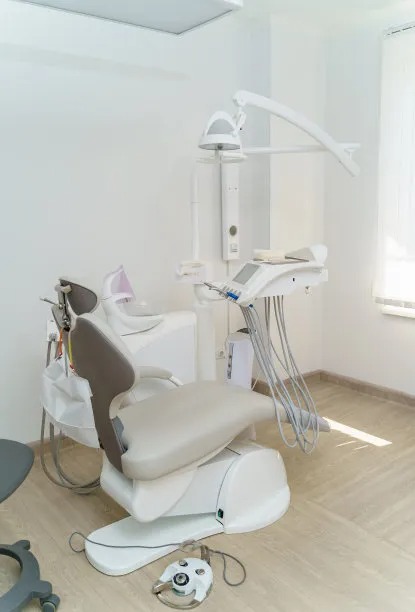Essential Guide to Precautions You Should Take Before Undergoing Dental Implant Surgery for Optimal Success
Summary: Dental implant surgery can significantly improve a persons quality of life by restoring missing teeth. However, to ensure optimal success, certain precautions must be taken in advance. This guide focuses on four crucial areas: understanding the procedure and its implications, preparing mentally and physically, choosing a qualified dental professional, and post-operative care tips. Each section provides valuable insights and recommendations to help you approach your dental implant surgery with confidence and peace of mind.
1. Understanding the Dental Implant Procedure

The first critical step in preparing for dental implant surgery is gaining a thorough understanding of the procedure. This knowledge helps ease any anxieties and can lead to better outcomes. Dental implants involve placing a titanium post into the jawbone, which serves as a root for the replacement tooth. Knowing what to expect during the surgery can inform your mental preparation.
Moreover, understanding the type of implant you will receive is essential. There are various types of implants, including endosteal and subperiosteal implants. Consulting with your dentist will clarify which type is most appropriate for your case. This knowledge will also help you understand the timeline and the number of visits required for the entire process.
Finally, explore the potential risks and benefits of dental implants. While they can restore the functionality and appearance of your teeth, complications can arise, such as infection or implant failure. Having a complete picture allows for informed decision-making when considering dental implants.
2. Mental and Physical Preparation Techniques
Mental preparation is just as vital as physical readiness before dental implant surgery. It鈥檚 advisable to address any anxiety or fear related to the procedure. Techniques such as mindfulness and cognitive-behavioral strategies can help calm your nerves, allowing you to approach the day of surgery with a positive mindset.
Physical preparation involves both general health and oral hygiene. Prior to the surgery, its advisable to ensure optimal health by maintaining a balanced diet and engaging in regular exercise. This prepares your body to heal more effectively. Patients should avoid smoking and limit alcohol intake, as these habits can hinder the healing process.
Additionally, rigorous oral hygiene practices should be followed in the weeks leading up to the surgery. A healthy mouth decreases the risk of postoperative infections and enhances the chances of implant success. Regular dental cleanings and consultations can also ensure your mouth is in the best possible condition before surgery.
3. Choosing the Right Dental Professional Matters
Selecting a qualified dental professional is one of the most critical decisions in your dental implant journey. Look for a dentist or oral surgeon who is experienced in performing implant surgeries. Reviews from previous patients can provide insight into their satisfaction levels with the dentist鈥檚 work.
Moreover, consider seeking recommendations from friends or family who have undergone similar procedures. This personal insight often leads to finding a trustworthy professional. Schedule consultations with potential candidates to gauge their approach and expertise; don鈥檛 hesitate to ask about their qualifications, including any relevant certifications.
It鈥檚 also essential to ensure that the dental practice follows safety and sterilization protocols. A professional and hygienic environment reflects a commitment to patient care and minimizes the risk of infection during your surgery.
4. Essential Post-operative Care Strategies
The steps you take after your dental implant surgery can significantly impact your recovery and the implant鈥檚 success. It is essential to follow your dentists post-operative instructions diligently. These guidelines usually include managing pain and swelling, which are common after the procedure. Ice packs and prescribed medications can alleviate discomfort.
Maintaining oral hygiene post-surgery is equally crucial. You may need to modify your oral care routine temporarily, using gentle cleaning methods to avoid disturbing the implant site. Rinsing with a saline solution can promote healing without causing irritation.
Finally, regular follow-up appointments will allow your dental professional to monitor your recovery. These visits ensure that the implant integrates well with your jawbone and that no complications arise. Staying proactive in your post-operative care will enhance the overall success of your dental implant.
Summary:
Preparing for dental implant surgery involves understanding the procedure, mental and physical preparations, choosing the right practitioner, and following meticulous post-operative care. Each of these facets plays a crucial role in ensuring the optimal success of the surgery.
By paying attention to these essential guidelines, you can achieve the best possible results from your dental implant surgery and enjoy the restored functionality and aesthetics of your smile.
This article is compiled by Vickong Dental and the content is for reference only



